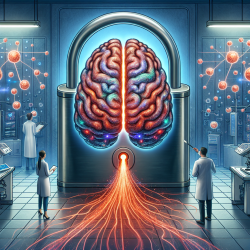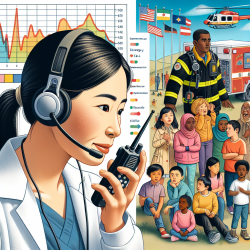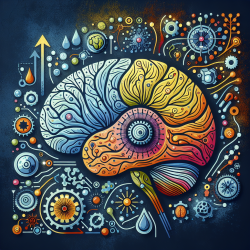Introduction
In the rapidly evolving world of artificial intelligence (AI) and precision medicine, ethical considerations are paramount. The research article "No-boundary thinking: a viable solution to ethical data-driven AI in precision medicine" presents a compelling case for adopting a no-boundary thinking approach. This approach is essential for practitioners aiming to improve their skills and outcomes in the field of precision medicine.
What is No-Boundary Thinking?
No-boundary thinking (NBT) is a novel method that encourages collaboration across diverse disciplines to define and solve complex problems. It shifts the focus from data analysis to problem definition, involving experts from various fields to ensure comprehensive and ethical solutions. In precision medicine, this approach is crucial for addressing the ethical implications of AI-driven decisions.
The Role of AI in Precision Medicine
AI has become an integral part of precision medicine, helping to analyze large and diverse datasets to tailor treatments to individual patients. However, the ethical challenges associated with AI, such as bias and data misinterpretation, necessitate a careful and collaborative approach. NBT ensures that diverse perspectives are considered, reducing the risk of unintended consequences.
Implementing No-Boundary Thinking
Practitioners can improve their skills by embracing NBT in the following ways:
- Interdisciplinary Collaboration: Form teams with experts from various fields, including data science, medicine, ethics, and social sciences, to ensure a holistic approach to problem-solving.
- Ethical Data Handling: Pay close attention to data collection, cleaning, and analysis processes to avoid bias and ensure accurate results.
- Transparent Communication: Clearly communicate AI results and methodologies to stakeholders, ensuring transparency and trust in the decision-making process.
Encouraging Further Research
For practitioners interested in further exploring the ethical implications of AI in precision medicine, the research article provides a wealth of insights and recommendations. By adopting a no-boundary thinking approach, practitioners can contribute to the development of ethical AI solutions that benefit patients and society as a whole.
To read the original research paper, please follow this link: No-boundary thinking: a viable solution to ethical data-driven AI in precision medicine.










